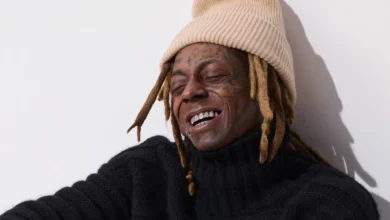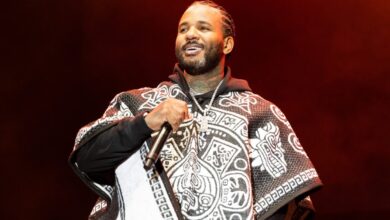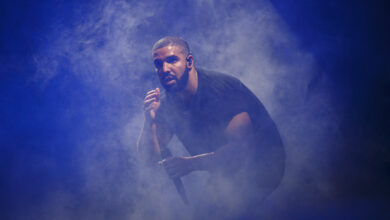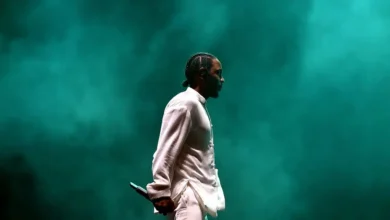Skepta Critiques Kendrick Lamar and Drake’s Feud: A Negative Impact on Hip-Hop’s Future
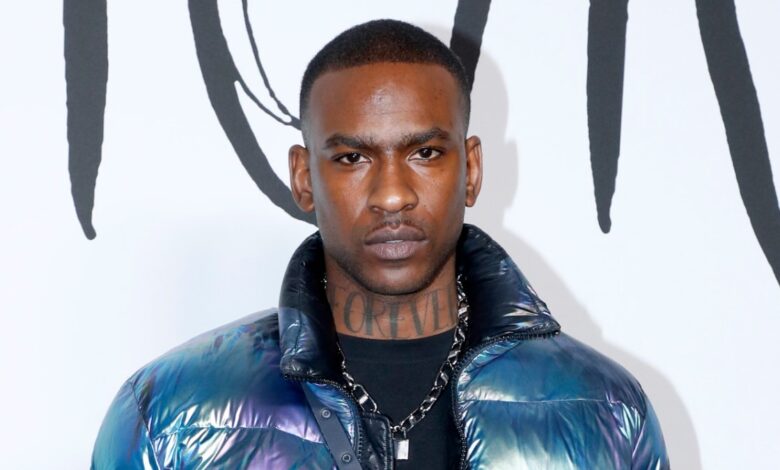
In a recent interview with Ebro Darden, British rapper Skepta voiced his concerns over the viral feud between Kendrick Lamar and Drake, emphasizing that the animosity between the two megastars is detrimental to the hip-hop industry and harmful to younger artists. The two heavyweights of the genre have been at odds since Lamar dissed both Drake and J. Cole in a verse on Future and Metro Boomin’s track “Like That” earlier this year. This sparked a series of fierce diss tracks, with each rapper taking jabs at the other in a highly publicized and ongoing exchange, including the highly successful song “Not Like Us.”
Skepta, known for his straightforward approach, pointed out that the beef between Lamar and Drake has gone beyond the realm of competition and has become deeply personal. He remarked, “When stuff like that gets said now, it’s more personal. There was one K. Dot diss track that came out and I was like, ‘This is over.’ Like this isn’t rap. This isn’t clashing anymore. This is over like they don’t like each other. It’s clear. I can hear it. I can hear it in his voice. He doesn’t like him.”
In the interview, Skepta stressed the weight of the two rappers’ influence, noting that both Lamar and Drake have massive deals with major corporations. He argued that the way they are handling their differences publicly could damage their credibility in the eyes of their fans and industry peers, saying, “It’s hurting what we’ve built. It’s hurting what we’ve all built this whole time. If you don’t like each other, just link up and talk to each other and sort it out.”
The rapper pointed out that the feud between Lamar and Drake is more than just personal; it’s professional, and its ramifications extend far beyond the two artists. He believes that their public squabbles close the very doors they have worked hard to open in the industry. Skepta expressed concern for the younger artists who look up to Lamar and Drake, noting that the beef could create a toxic environment for aspiring talents hoping to break into the music business.
“It’s shutting doors that they opened for younger artists,” Skepta concluded. “The opportunities they created for people are being taken away by this beef. We’ve got to protect the space we’ve built, not tear it down with personal grudges.”
Skepta’s critique highlights the larger picture of how rivalries in hip-hop, especially when driven by personal conflicts, can damage the reputation and progress of the genre as a whole. As the feud between Lamar and Drake continues, it serves as a cautionary tale of how public clashes can have ripple effects that impact not only the artists involved but also the industry they helped shape.

